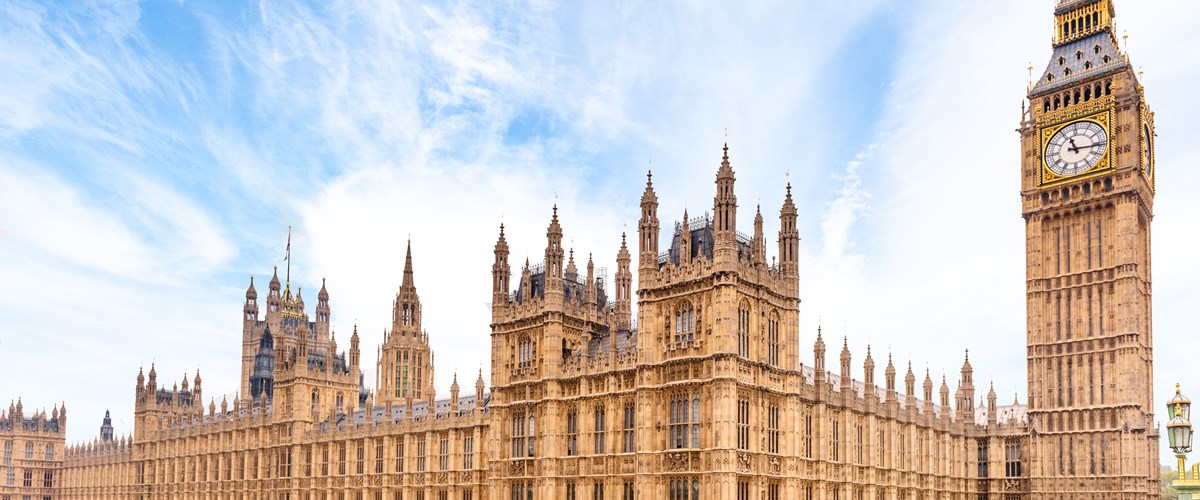The Procurement Bill will represent the single biggest change to public sector procurement legislation in a generation.
As was first announced in the Queen’s Speech 2021 on 11 May 2021, a Public Procurement Bill would be brought forward during the 2021-22 Session when Parliamentary time allows. That has not happened; however, the Government has responded to its earlier consultation and is expected to bring a Procurement Bill forward in the next session.
Procurement rules set out how public authorities buy or commission supplies, services, and public works. Current UK procurement rules largely mirror EU procurement law, with a few UK-specific rules. From 1 January 2021, changes to EU procurement law no longer apply to the UK. So far, the Government has largely maintained the status quo, but its view is that leaving the EU has presented an opportunity for substantial reform – to create a procurement regime that is tailored to the UK’s needs, is more modern, innovative, and less bureaucratic.
On 15 December 2020, the Government published a green paper on transforming public procurement. It said that the goal of the reform was to speed up and simplify procurement processes, focus on value for money in public procurement, create opportunities for small businesses and support innovation in public service delivery. The new Bill would:
- Put procurement principles – value for money, the public good, transparency, integrity, efficiency, fair treatment of suppliers and non-discrimination – on a statutory basis.
- Simplify the current legislation as far as possible into a single, streamlined regulatory framework.
- Diversify supplier base by establishing a single digital platform for registration and a new Dynamic Purchasing System (DPS+).
- Embed transparency throughout the commercial lifecycle from the planning of procurement to completion of a contract.
- Besides seeking value for money, public authorities would be encouraged to have regard for wider economic, social, and environmental outcomes of procurement throughout the procurement process – developing procurement strategy, drafting the contract terms, and evaluating tenders.
- Raise the standard of suppliers by considering their past performance and preventing unacceptable behaviour such as fraud.
- Make challenging procurement decisions faster and more accessible.
A consultation on these proposals closed on 10 March 2021. On 6 December 2021 the Government published its response to the consultation.
The Bill will also introduce some significant changes to current legislation and practice:
- The introduction of 3 modern procurement procedures to replace existing ones
- The change of evaluation methodology from MEAT to MAT
- The requirement for transparency and proportionality of framework / DPS fees - and evidence of them being used solely in the public interest.
The Procurement Bill will introduce the following three procedures:
- a new ‘flexible competitive procedure’ that gives buyers the freedom to negotiate and innovate to get the best from the private, charity and social enterprise sectors.
- an ‘open procedure’ that buyers can use for simpler, ‘off the shelf’ competitions.
- a ‘limited tendering procedure’ that buyers can use in certain circumstances, such extreme urgency.
The subtle, but important change of evaluating tenders via MAT (Most Advantageous Tender), rather than MEAT (Most Economically Advantageous Tender) will allow public sector bodies to include consideration of benefits other than direct cost, such as social value, environmental, or community-based benefits where appropriate.
The Procurement Bill will also, at long last, address the issue of the lack of transparency and proportionality some framework providers operate with regarding fees that they charge on their framework or DPS solutions.
Most framework providers do not disclose the size or nature of the fees they charge on their frameworks or DPS’. Furthermore, the new legislation will mandate that providers must clearly evidence how these fees are being used solely in the public interest – “Any charges recovered must be proportionate and used solely in the public interest”.
Procurement Hub is already meeting the proposed new legislation and publishes all its fees clearly on our website. Additionally, we are very proud to be able to say that every penny generated from our fees is either donated to charities, support social value projects, or is re-invested into the public sector.
The new Procurement Bill will bring transformational change to the Public Sector. Procurement Hub is fully supportive of those changes, and the need for greater transparency, morality, fairness, and social purpose in public procurement.

